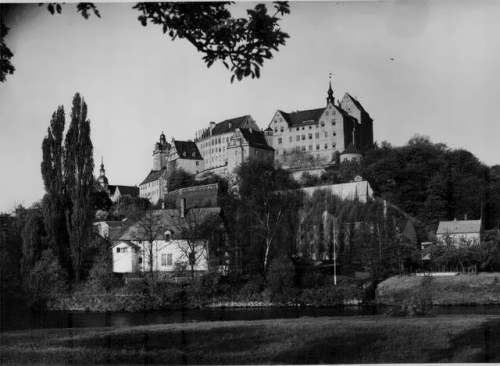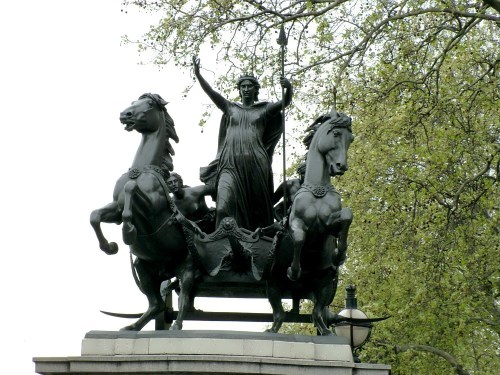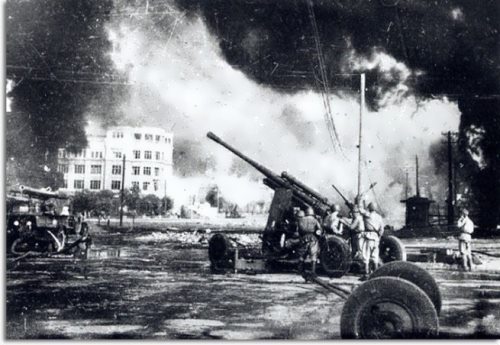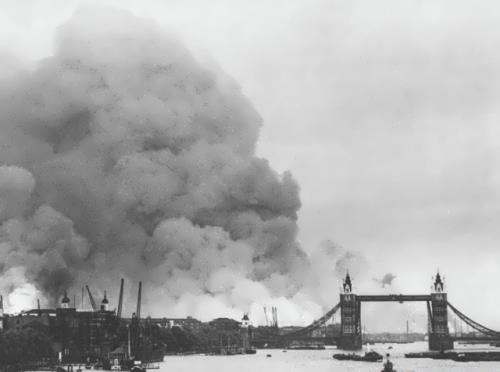The birth of the seventh art

Can you imagine life without films or television, cinema’s little sister? Today we can watch television 24 hours a day, we can go to the cinema when we want. We can even make video films ourselves.
But imagine the surprise and the shock that people felt when they saw the first films in 1895! There was no sound, no colour and the films were very short: they lasted from 60 to 90 seconds! Besides, they did not tell a story. They were glimpses of real life: a military parade, a running horse, a boxing match, the ocean… One of the first films showed a train coming towards the camera. The audience panicked and ran away! The frightened people were sure that the train was coming into the theatre.
More »




